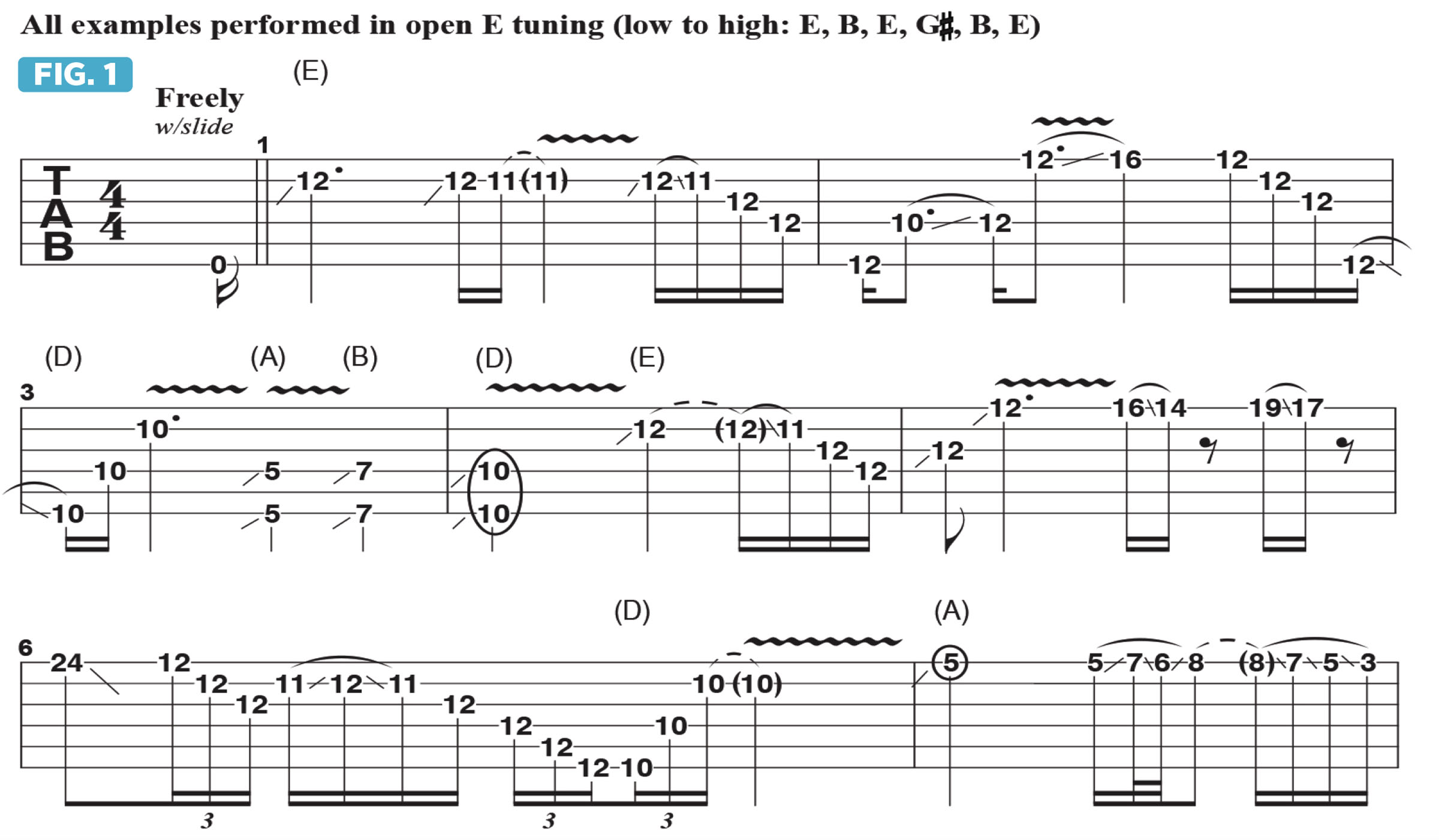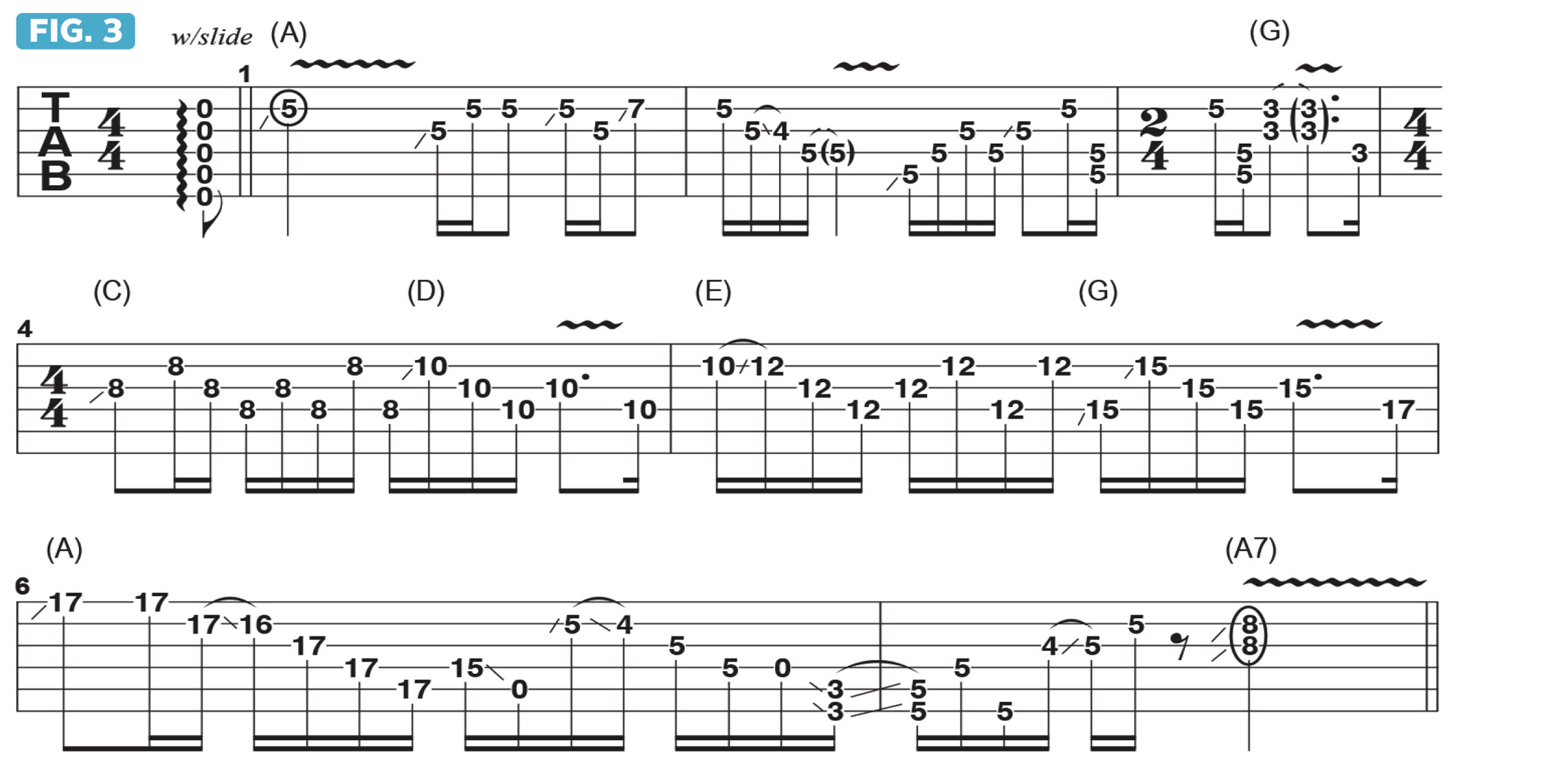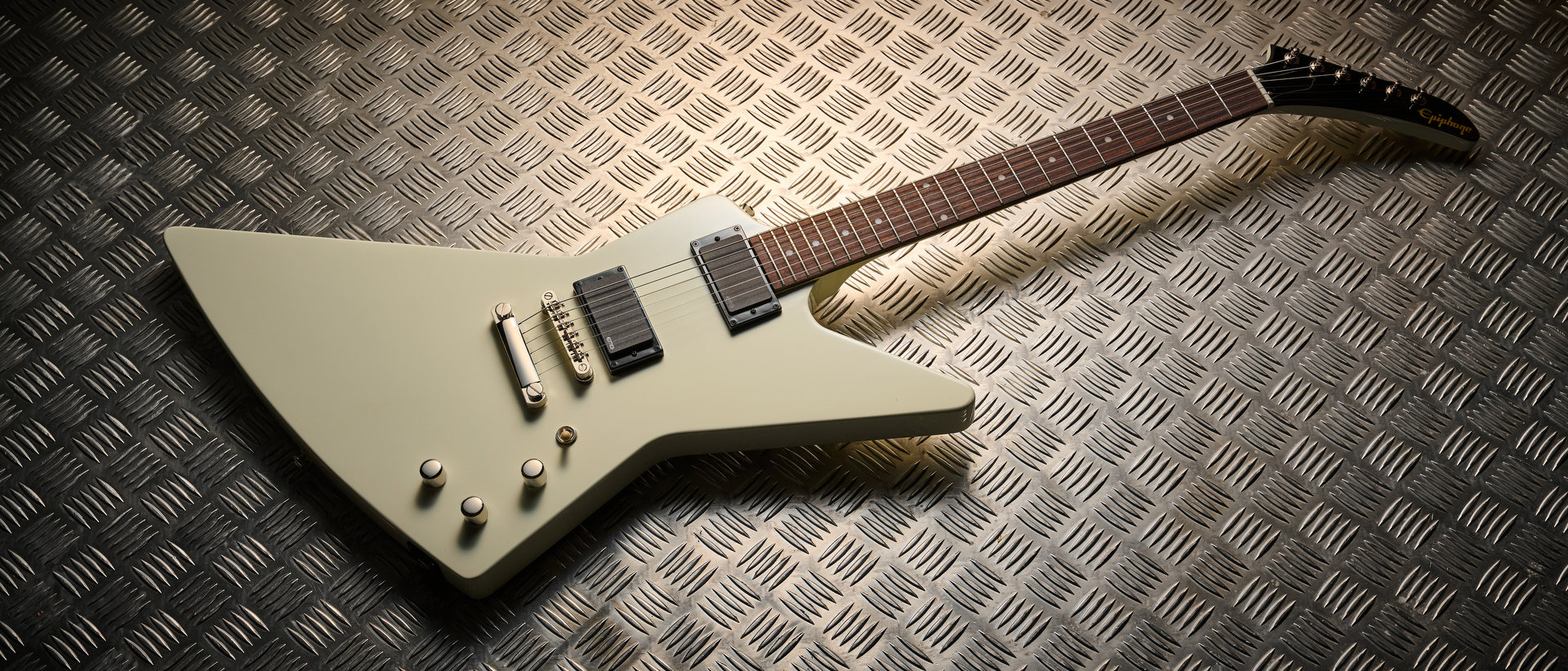“It’s fun, and things can get swampy in a hurry”: Joe Bonamassa teaches you the fundamentals of slide guitar
The blues ace takes you through the basics of how to play slide guitar, including muting, tuning and the “dreaded intonation”
One of my favorite styles of guitar playing is slide guitar. In general, I try to avoid slide guitar because there are “slide players” and then there’s me! There are slide players who have dedicated their lives to the craft, including the dreaded intonation – playing slide in tune, which is not easy – and have become true masters of the intricacies of slide guitar technique.
I use slide more as a way to “season” the music. You’ll never see me on a jam session with a slide in my pocket, saying, “Hey, I’ve got my slide!” That won’t be me; I like to play regular guitar because, that way, I know I'll be playing reasonably in tune. That said, I’d like to go through some of the essentials of slide guitar that come into play on the occasion when I do play it.
The examples in this column are all performed in open E tuning, for which the A, D and G strings are tuned up to B, E and G#, respectively (low to high: E, B, E, G#, B, E). Also, I’m using a chrome slide, which I wear on my fret-hand ring finger.
Open E is a go-to tuning for me simply because I’ve relied on it the most and am well familiar with the patterns for single-note and chordal playing. But I do like to use other tunings, such as open A, open G, or whatever open chord will best suit the song.
My favorite slide players are Ry Cooder, who’s my number one, Warren Haynes, Sonny Landreth, Lowell George, Derek Trucks, Billy Gibbons and Jeff Beck. Each of these slide masters are game changers who possess singularly unique techniques. Others favorites are Bonnie Raitt and Joanna Connor.
When I was a kid, Gov’t Mule and Allman Brothers Band guitarist Warren Haynes told me about the importance of muting behind the slide: with the slide on my ring finger, I lightly lay my fret-hand index finger across the strings behind the slide, in order to mute them and suppress unwanted notes and sliding noises on the strings that I’m not playing on at any given moment.
Figure 1 presents an improvised slide solo played very “freely,” without adherence to a strict beat. I begin with licks based around the 12th fret. Laying the slide across all of the strings at the 12th fret will sound an E major chord. In bar 3, I move down to reference A and B chords at the 5th and 7th frets, respectively, and the remainder of the example moves loosely through references to E, D and A chords.
All the latest guitar news, interviews, lessons, reviews, deals and more, direct to your inbox!
As I mentioned earlier, the number-one priority with playing slide is achieving good intonation, because you're not, as is in Figure 2, fretting normally, with your fingers.
In Figure 3, I use the slide to play phrases that revolve around A at the 5th fret, G at the 3rd fret, and C and D at the 8th and 10th frets, respectively.
Another key element of slide playing is achieving a pleasing vibrato. For me, the best result is achieved by wiggling the slide back and forth below and above the targeted fret, about the distance of one fret in each direction. This produces a nice, wide warble.
My slide style is an amalgamation of all my slide influences. It’s fun, and things can get “swampy” in a hurry!
Joe Bonamassa is one of the world’s most popular and successful blues-rock guitarists – not to mention a top producer and de facto ambassador of the blues (and of the guitar in general).



